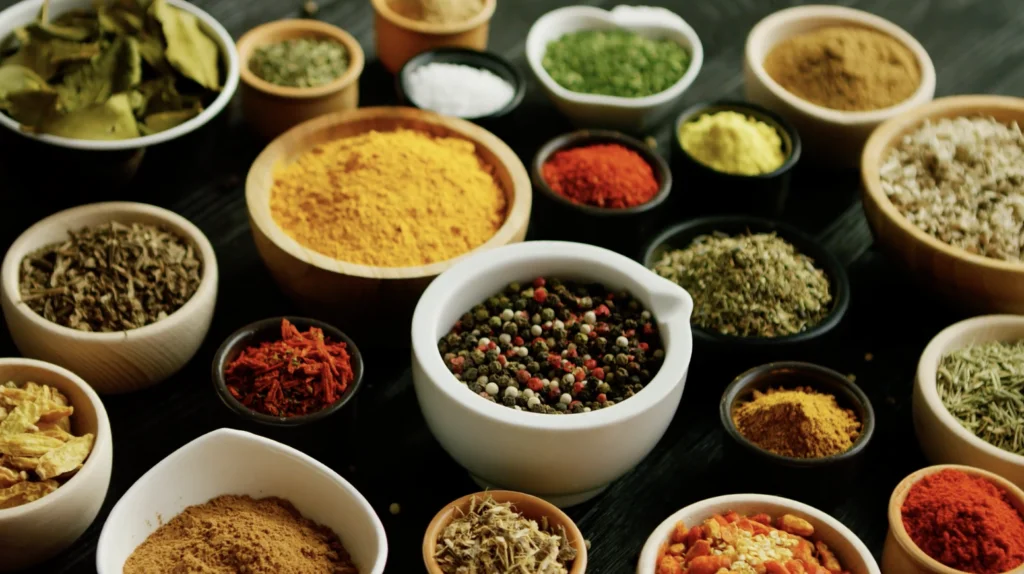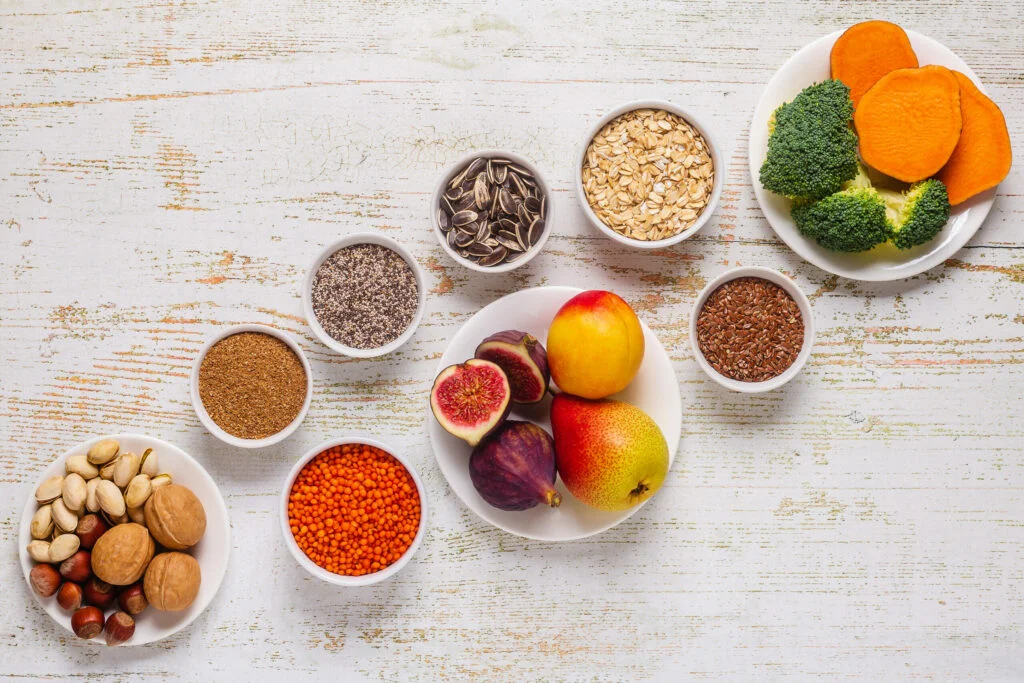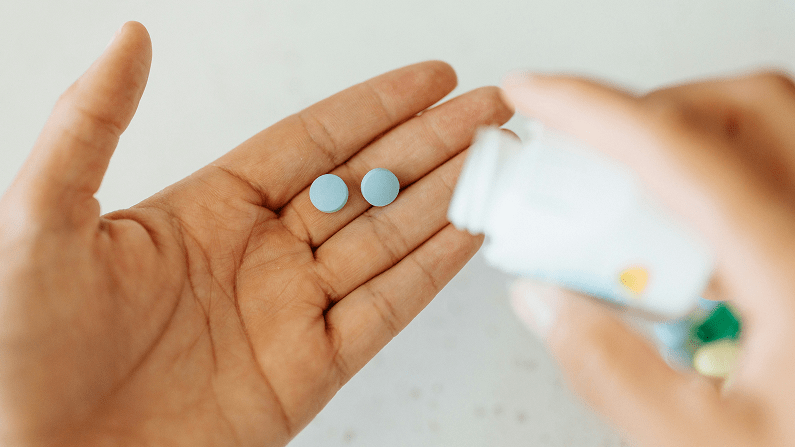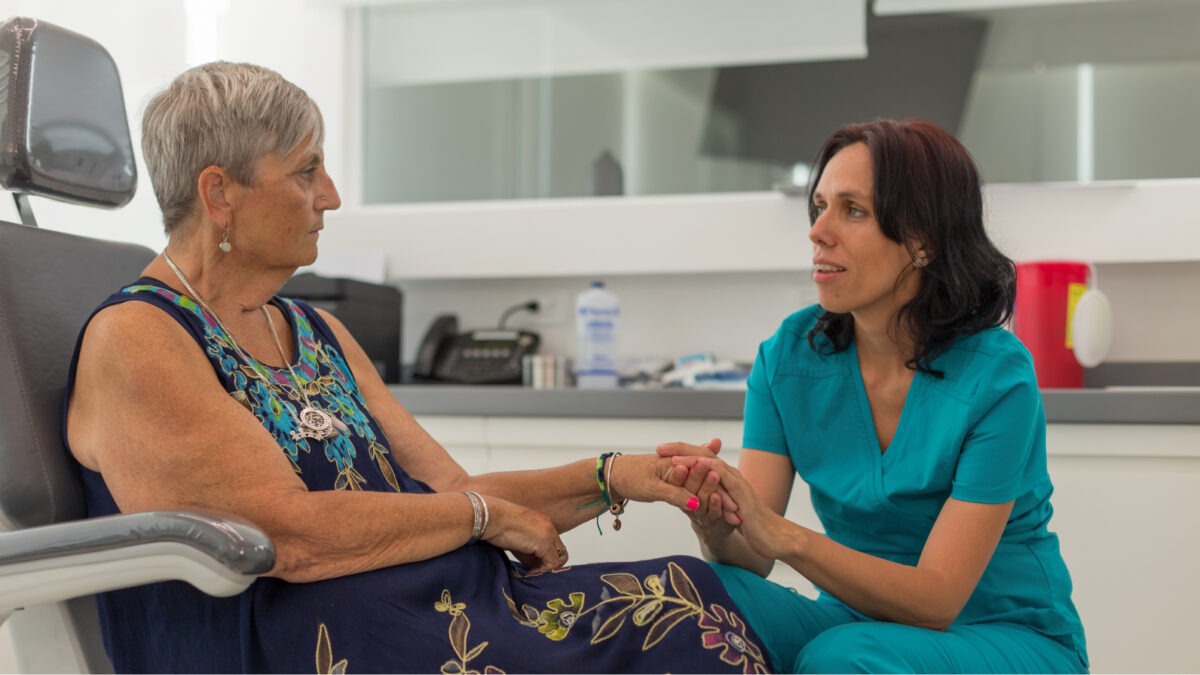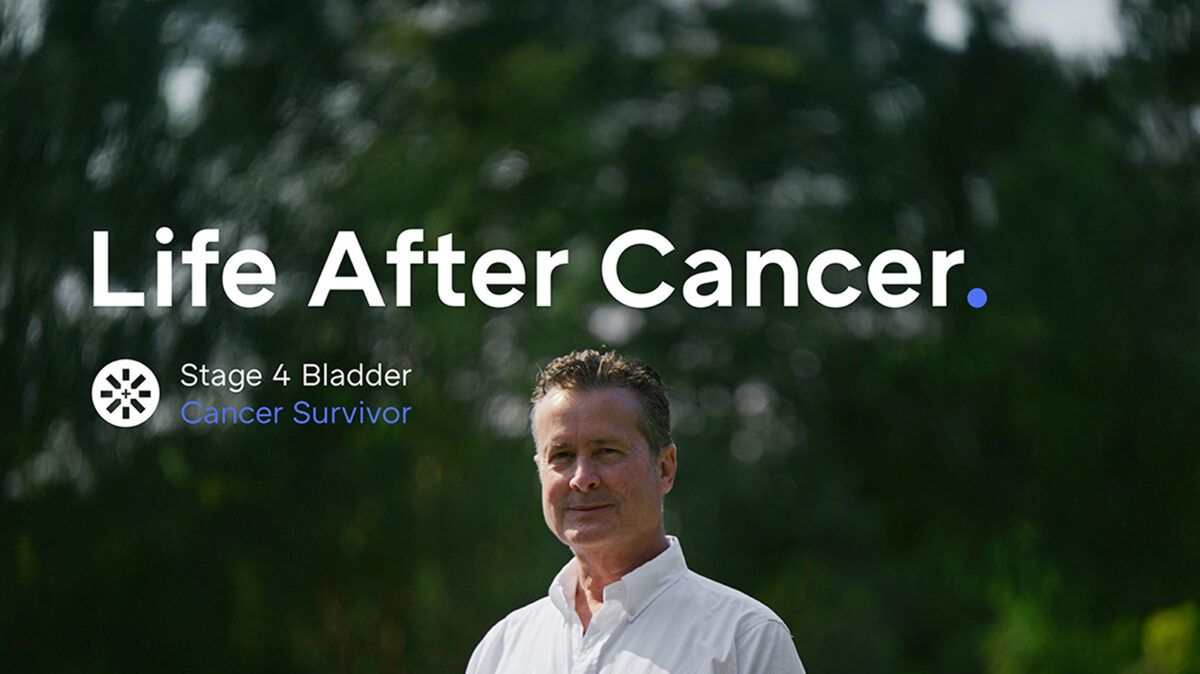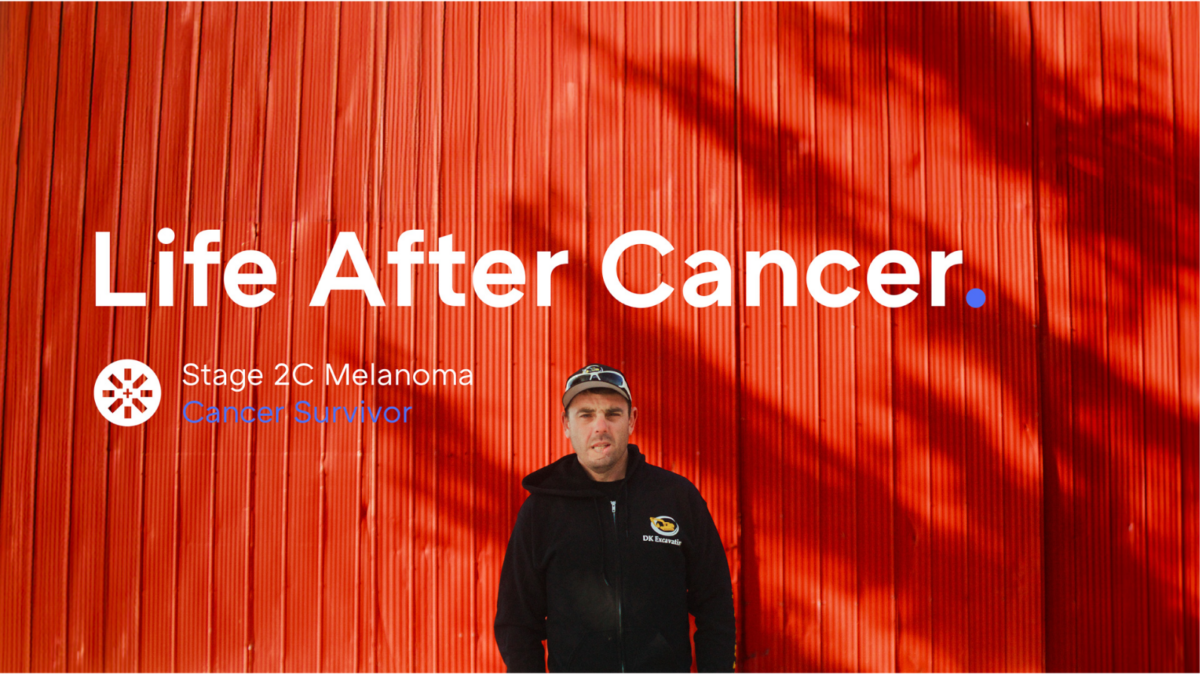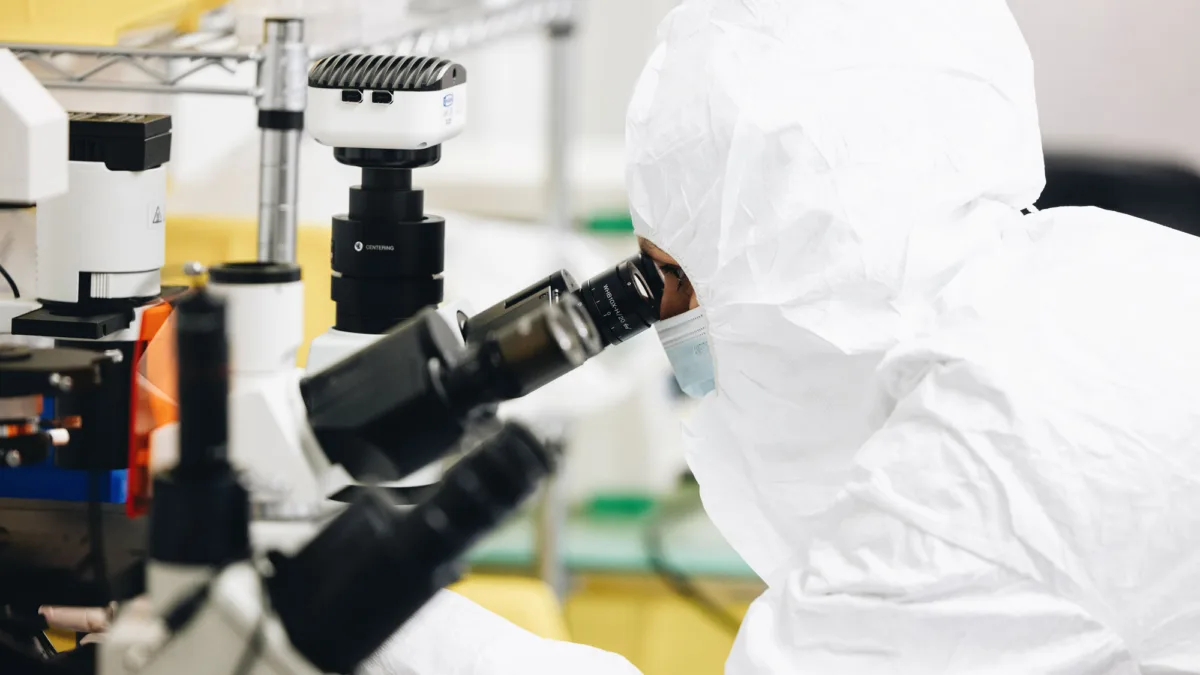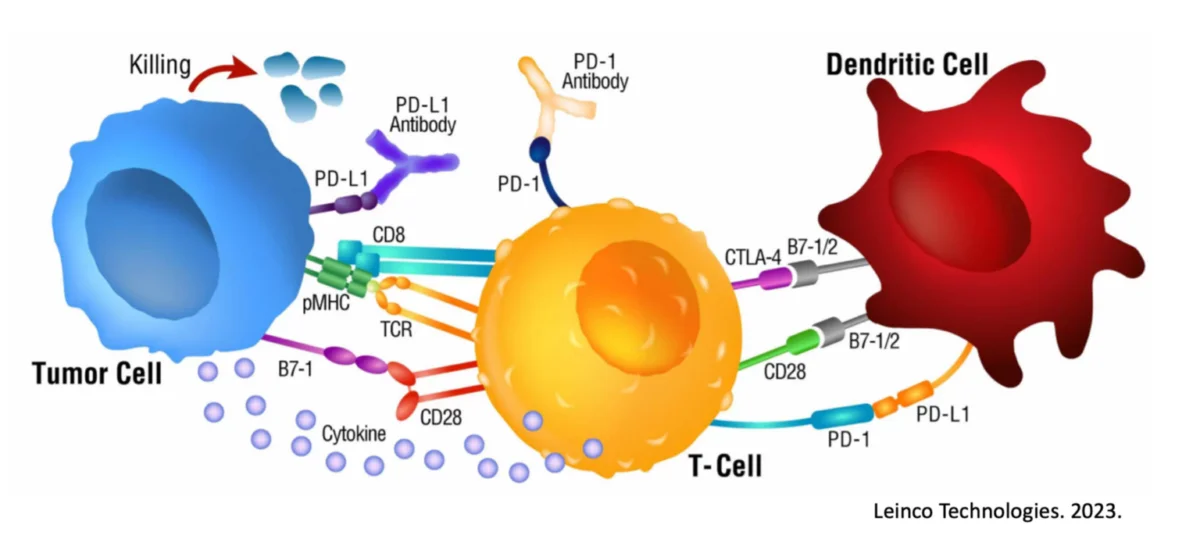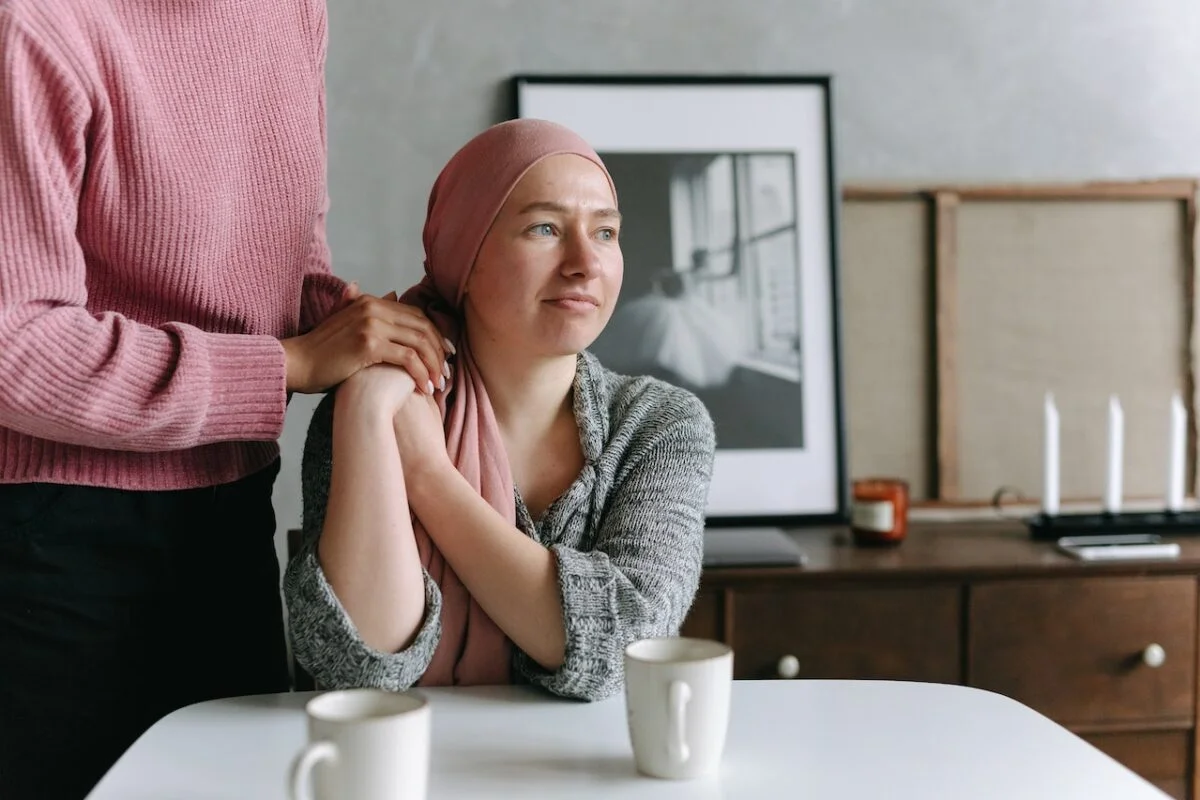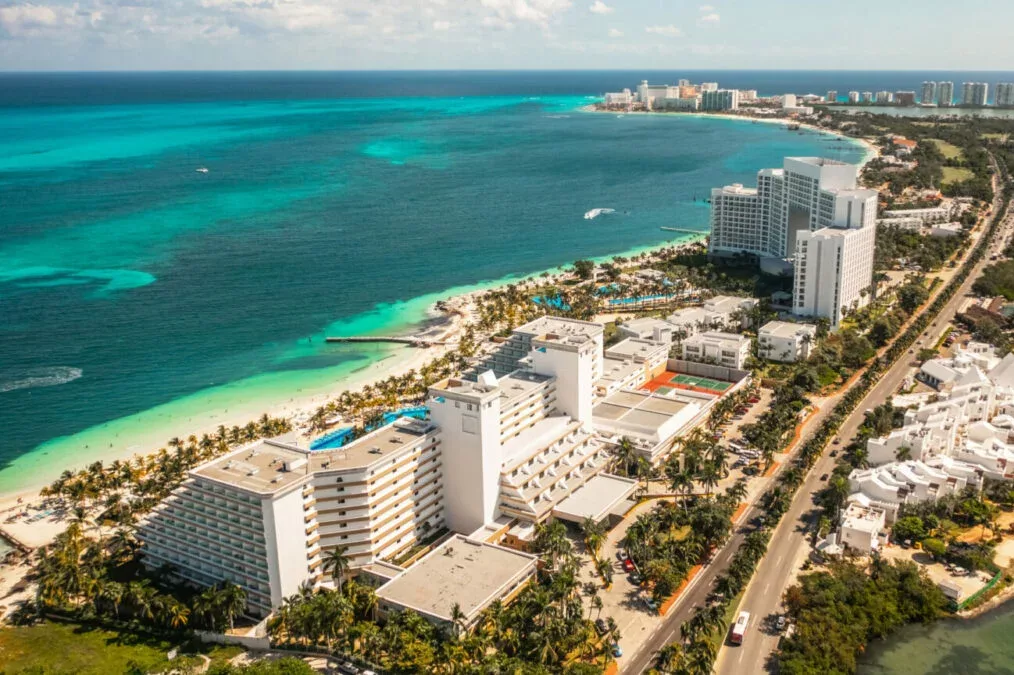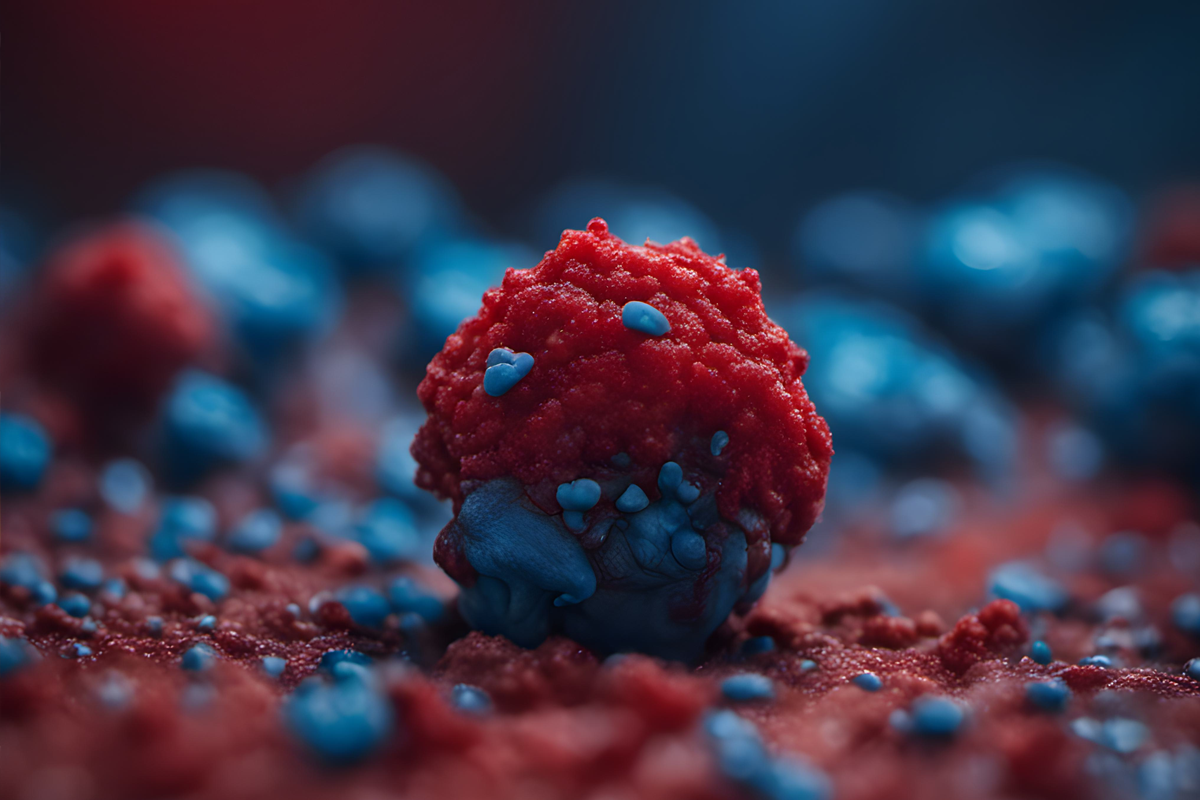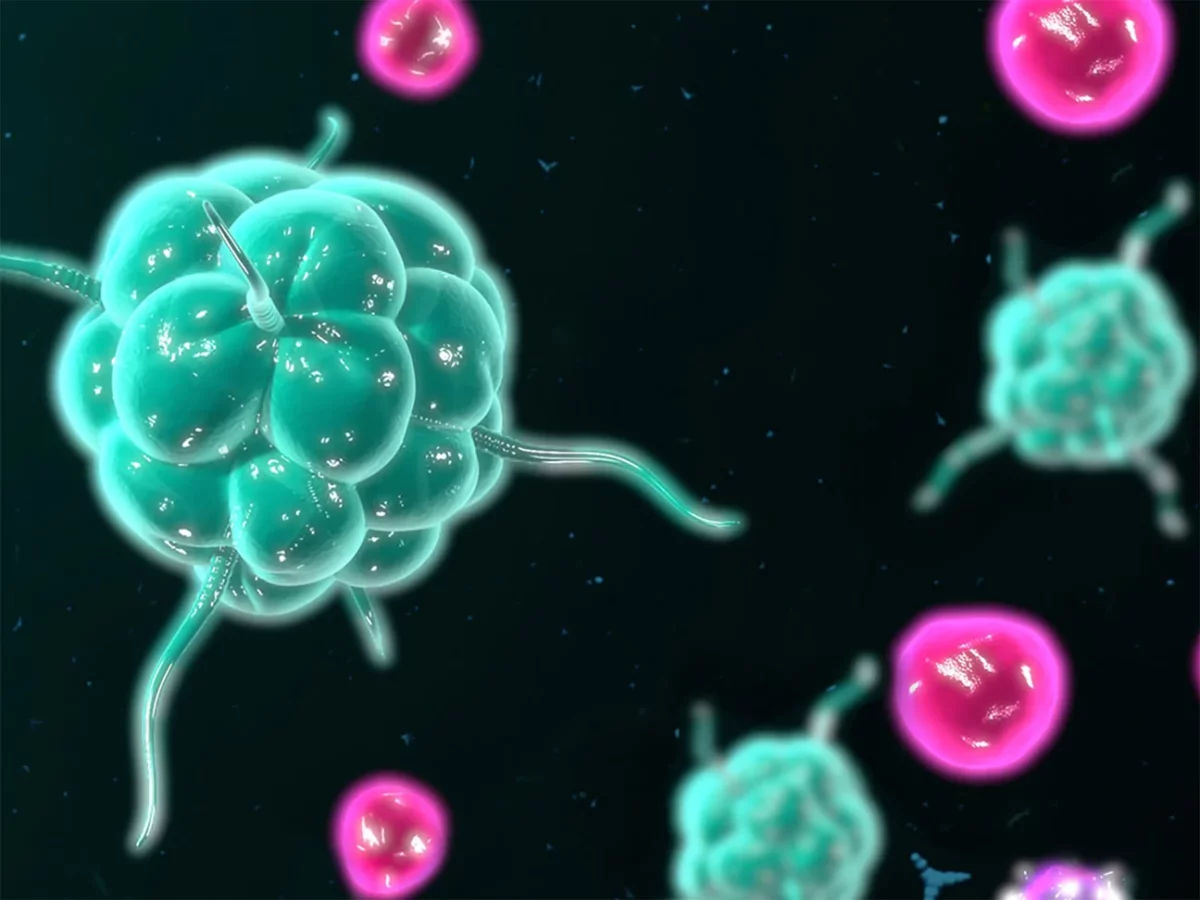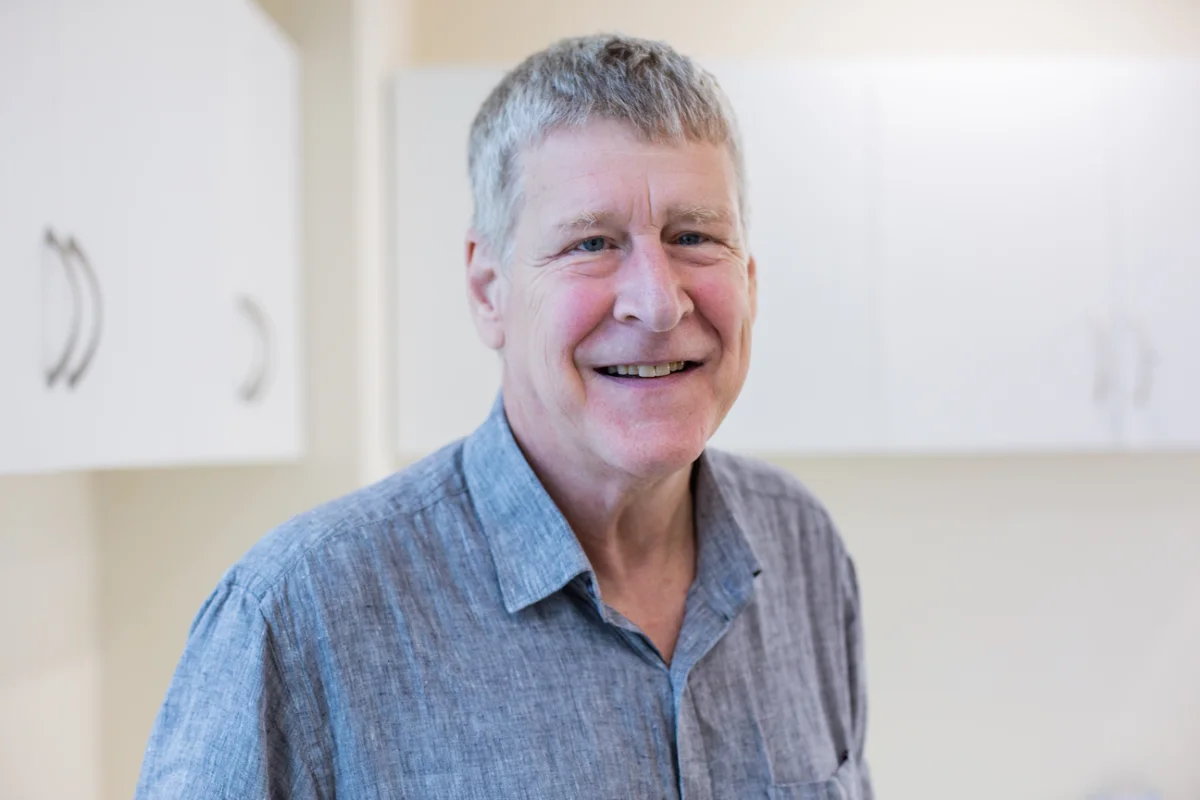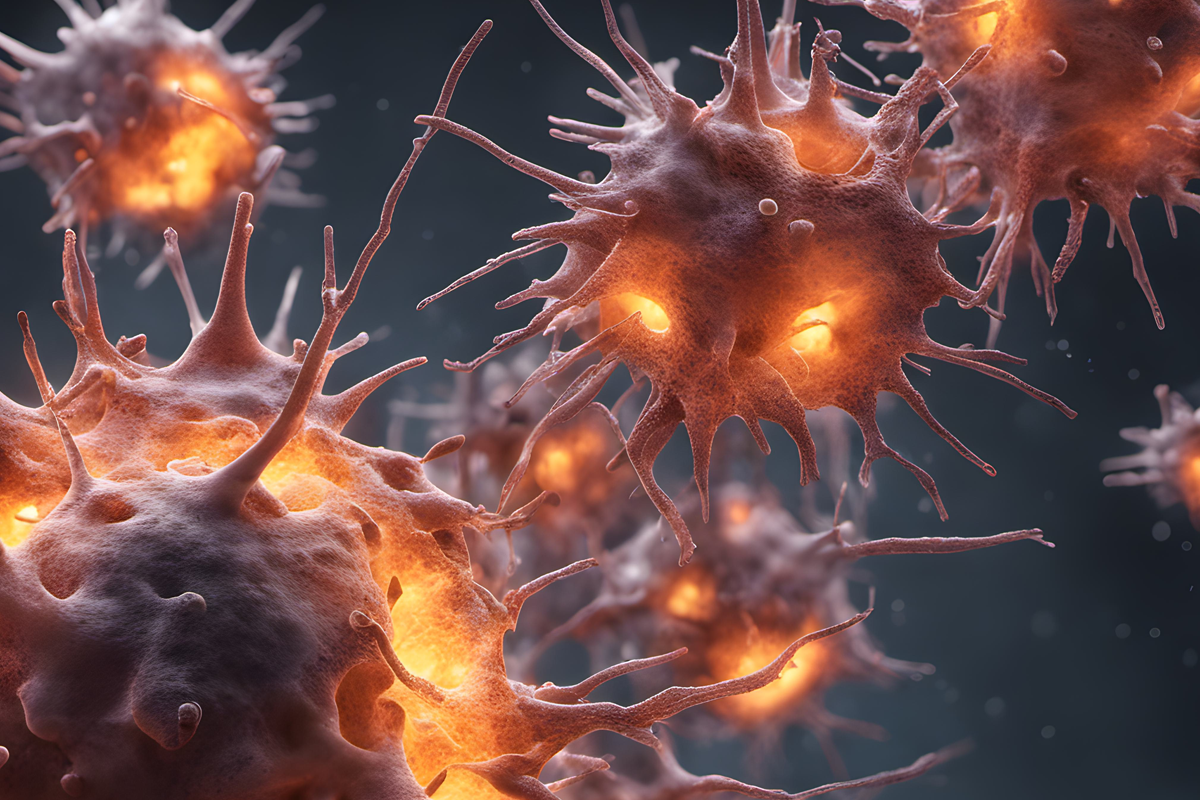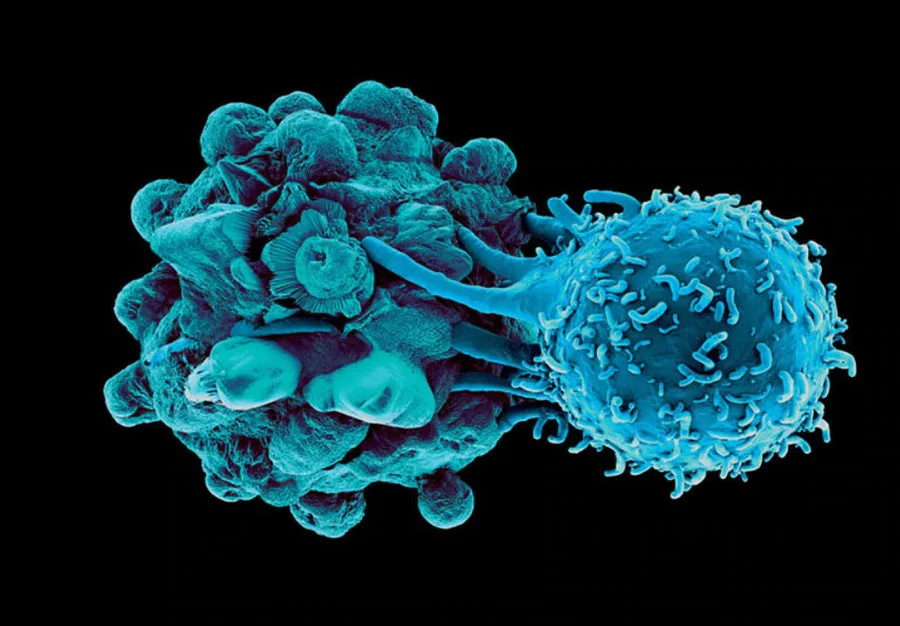EGCG and Green Tea Protect Anti-Tumor Immunity

Epigallocatechin gallate (EGCG) is the most abundant catechin in green tea, and one of the most studied polyphenols across the world1. The focus on this piece will be about the potential role of EGCG in aiding a TH1-promoting immunotherapy (such as from Immunocine) against something as aggressive as cancer.
To begin with a note of caution, publications and regulatory agencies have reported that the daily consumption of 800mg or more of EGCG can lead to liver toxicity issues2, 3. A cancer diagnosis does not mean these suggestions should be ignored as excess damage to one’s liver can bring a new set of issues to the environment especially when already dealing with cancer.

With that said, studies comparing the ability of different polyphenols to inhibit cancer growth have demonstrated that EGCG is supremely capable of accomplishing such a feat, primarily by causing cell cycle arrest4.

Other studies have shown that within 72 hours of direct contact, EGCG can therapeutically interact with a variety of cell signaling pathways critical to cancer cell survival and proliferation, with shorter timepoints for more bioavailable forms of EGCG5, 6, 7. This compound also can restore chemosensitivity to a variety of previously failed treatments8, 9, 10, and this has shown some staying power in clinical trials11, 12, though not in others13, 14.
While results regarding the role EGCG may play in cancer are encouraging, there is admittedly a ways to go before any regulatory stamp of approval is going to materialize.
Potentially more exciting though, regarding Immunocine technology, is how EGCG may coordinate with an active anti-cancer immune response.
One of the hallmark “breaks” or “checkpoints” cancers use to reduce immunity is through the PD-1 / PD-L1 axis15, something that has been shown to be positively affected by EGCG16, 17. This polyphenol has also been shown to inhibit other immunosuppressive tools tumors use, such as indoleamine 2,3-dioxygenase (IDO)18, 19 and Transforming growth factor (TGF)-β120, 21.

Concurrently, it would seem EGCG can enhance the killing power of cytotoxic T cells, the type of killer cells needed in a powerful Th1 immune response16, 22, 23, 24.
Some of this may seem counterintuitive, as EGCG is more well knowns for its anti-inflammatory roles25, 26, 27, and in fact has been shown to reduce the immune precursors needed to make Dendritic Cells28, 29. But this is when context becomes key. “Inflammation” is commonly viewed as bad, largely because we are constantly dealing with excessive and/or aberrant and/or unspecific inflammation that is causing problems. However, within the confines of a targeted immune response, inflammation is not only appropriate but necessary.
Therefore, putting the scientific pieces together, it would make sense to avoid excessive EGCG before the Immunocine treatment is able to begin, but that addition to one’s diet makes sense after the immune response is established. The relative safety profile of green tea / EGCG along with its potential therapeutic roles that could synergize with the immune response generated with Immunocine technology make this a worthwhile add after returning home.
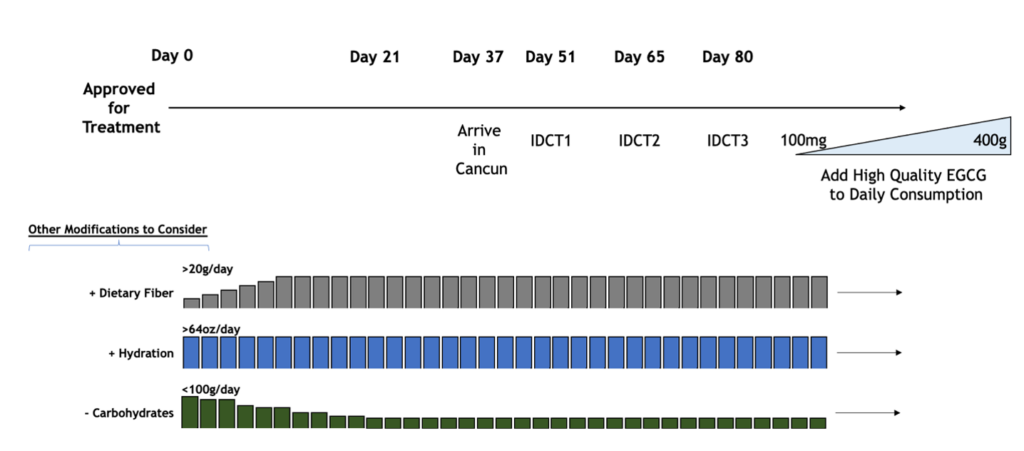
References
1. Nagle, D.G., Ferreira, D. & Zhou, Y.D. Epigallocatechin-3-gallate (EGCG): chemical and biomedical perspectives. Phytochemistry 67, 1849-1855 (2006).
2. Hu, J., Webster, D., Cao, J. & Shao, A. The safety of green tea and green tea extract consumption in adults – Results of a systematic review. Regul Toxicol Pharmacol 95, 412-433 (2018).
3. Additives, E.P.o.F. et al. Scientific opinion on the safety of green tea catechins. EFSA J 16, e05239 (2018).
4. Du, G.J. et al. Epigallocatechin Gallate (EGCG) is the most effective cancer chemopreventive polyphenol in green tea. Nutrients 4, 1679-1691 (2012).
5. Chen, B.H., Hsieh, C.H., Tsai, S.Y., Wang, C.Y. & Wang, C.C. Anticancer effects of epigallocatechin-3-gallate nanoemulsion on lung cancer cells through the activation of AMP-activated protein kinase signaling pathway. Sci Rep 10, 5163 (2020).
6. Luo, K.W. et al. Tea polyphenol EGCG inhibited colorectal-cancer-cell proliferation and migration via downregulation of STAT3. Gastroenterol Rep (Oxf) 9, 59-70 (2021).
7. Wei, R. et al. Suppressing glucose metabolism with epigallocatechin-3-gallate (EGCG) reduces breast cancer cell growth in preclinical models. Food Funct 9, 5682-5696 (2018).
8. La, X., Zhang, L., Li, Z., Li, H. & Yang, Y. (-)-Epigallocatechin Gallate (EGCG) Enhances the Sensitivity of Colorectal Cancer Cells to 5-FU by Inhibiting GRP78/NF-kappaB/miR-155-5p/MDR1 Pathway. J Agric Food Chem 67, 2510-2518 (2019).
9. Toden, S., Tran, H.M., Tovar-Camargo, O.A., Okugawa, Y. & Goel, A. Epigallocatechin-3-gallate targets cancer stem-like cells and enhances 5-fluorouracil chemosensitivity in colorectal cancer. Oncotarget 7, 16158-16171 (2016).
10. Wei, R. et al. EGCG sensitizes chemotherapeutic-induced cytotoxicity by targeting the ERK pathway in multiple cancer cell lines. Arch Biochem Biophys 692, 108546 (2020).
11. Tsao, A.S. et al. Phase II randomized, placebo-controlled trial of green tea extract in patients with high-risk oral premalignant lesions. Cancer Prev Res (Phila) 2, 931-941 (2009).
12. Shanafelt, T.D. et al. Phase 2 trial of daily, oral Polyphenon E in patients with asymptomatic, Rai stage 0 to II chronic lymphocytic leukemia. Cancer 119, 363-370 (2013).
13. Henning, S.M. et al. Prospective randomized trial evaluating blood and prostate tissue concentrations of green tea polyphenols and quercetin in men with prostate cancer. Food Funct 11, 4114-4122 (2020).
14. Sinicrope, F.A. et al. Randomized Phase II Trial of Polyphenon E versus Placebo in Patients at High Risk of Recurrent Colonic Neoplasia. Cancer Prev Res (Phila) 14, 573-580 (2021).
15. Han, Y., Liu, D. & Li, L. PD-1/PD-L1 pathway: current researches in cancer. Am J Cancer Res 10, 727-742 (2020).
16. Ravindran Menon, D. et al. EGCG Inhibits Tumor Growth in Melanoma by Targeting JAK-STAT Signaling and Its Downstream PD-L1/PD-L2-PD1 Axis in Tumors and Enhancing Cytotoxic T-Cell Responses. Pharmaceuticals (Basel) 14 (2021).
17. Rawangkan, A. et al. Green Tea Catechin Is an Alternative Immune Checkpoint Inhibitor that Inhibits PD-L1 Expression and Lung Tumor Growth. Molecules 23 (2018).
18. Cheng, C.W. et al. Indoleamine 2,3-dioxygenase, an immunomodulatory protein, is suppressed by (-)-epigallocatechin-3-gallate via blocking of gamma-interferon-induced JAK-PKC-delta-STAT1 signaling in human oral cancer cells. J Agric Food Chem 58, 887-894 (2010).
19. Ogawa, K. et al. (-)-Epigallocatechin gallate inhibits the expression of indoleamine 2,3-dioxygenase in human colorectal cancer cells. Oncol Lett 4, 546-550 (2012).
20. Li, T. et al. Epigallocatechin gallate (EGCG) suppresses epithelial-Mesenchymal transition (EMT) and invasion in anaplastic thyroid carcinoma cells through blocking of TGF-beta1/Smad signaling pathways. Bioengineered 10, 282-291 (2019).
21. Liu, L.C. et al. EGCG inhibits transforming growth factor-beta-mediated epithelial-to-mesenchymal transition via the inhibition of Smad2 and Erk1/2 signaling pathways in nonsmall cell lung cancer cells. J Agric Food Chem 60, 9863-9873 (2012).
22. Kang, T.H. et al. Epigallocatechin-3-gallate enhances CD8+ T cell-mediated antitumor immunity induced by DNA vaccination. Cancer Res 67, 802-811 (2007).
23. Farabegoli, F. et al. Epigallocatechin-3-gallate Delivered in Nanoparticles Increases Cytotoxicity in Three Breast Carcinoma Cell Lines. ACS Omega 7, 41872-41881 (2022).
24. Calgarotto, A.K. et al. Immunomodulatory Effect of Green Tea Treatment in Combination with Low-dose Chemotherapy in Elderly Acute Myeloid Leukemia Patients with Myelodysplasia-related Changes. Integr Cancer Ther 20, 15347354211002647 (2021).
25. Ohishi, T., Goto, S., Monira, P., Isemura, M. & Nakamura, Y. Anti-inflammatory Action of Green Tea. Antiinflamm Antiallergy Agents Med Chem 15, 74-90 (2016).
26. Huang, S.C. et al. Epigallocatechin-3-gallate exhibits immunomodulatory effects in human primary T cells. Biochem Biophys Res Commun 550, 70-76 (2021).
27. Akhtar, N. & Haqqi, T.M. Epigallocatechin-3-gallate suppresses the global interleukin-1beta-induced inflammatory response in human chondrocytes. Arthritis Res Ther 13, R93 (2011).
28. Melgarejo, E., Medina, M.A., Sanchez-Jimenez, F. & Urdiales, J.L. Epigallocatechin gallate reduces human monocyte mobility and adhesion in vitro. Br J Pharmacol 158, 1705-1712 (2009).
29. Saleh, F., Raghupathy, R., Asfar, S., Oteifa, M. & Al-Saleh, N. Analysis of the effect of the active compound of green tea (EGCG) on the proliferation of peripheral blood mononuclear cells. BMC Complement Altern Med 14, 322 (2014).
READ THIS NEXT
Nourishing Hope: The Vital Role of Nutrition During Cancer Treatment
Cancer is a formidable opponent that affects millions of lives worldwide. While advancements in medical treatments, such as immunotherapy, h
Read MoreCould Curcumin Really Help Cure Cancer?
Cancer is a complex disease that affects millions of people worldwide. While conventional cancer treatments such as chemotherapy, radiation,
Read MoreBoosting Immunotherapy with Dietary Fiber
Of the 1.9 million cancer patients in 2021, 600,000 received immunotherapy, a remarkable number given the FDA approved the first cancer immu
Read More

